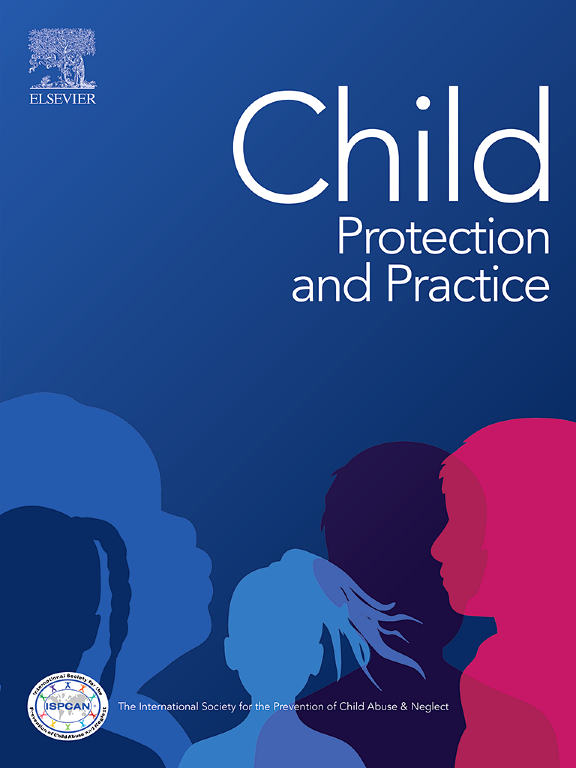The special issue accepts research on traditional and non-traditional ACEs worldwide, which broadens our understanding of risk and protective ecological factors shaping health outcomes.
Guest editors:
Ashwini Tiwari
Augusta University, Augusta, Georgia, USA
Sarah S. Brown
University of the Sunshine Coast, Maroochydore, Queensland, Australia
Special issue information:
Exposure to childhood adversity remains a significant global public health concern. Traditional frameworks of childhood adversity have included exposure to household dysfunction, violence, and childhood maltreatment, with recent expansions including other experiences such as economic hardships, bullying, and community violence. There is no debate that childhood adversity can disrupt well-being into adulthood, with potential intergenerational implications. However, a growing literature has acknowledged the importance of context in furthering a global perspective of childhood adversity and its far-reaching effects throughout the lifespan. As such, significant controversy exists on the operationalizing and psychometric measurement of singular and multiple occurrences of childhood adversities, along with understanding the interactions among adversities, protective factors, and individual differences. A social-ecological perspective may contextualize the consequences of childhood adversity around the world when considering influences at the biological, familial, community, and system levels. The interactions among these levels in the context of the individualistic burden of childhood adversity (e.g., polyvictimization, types, timing, etc.) can affect the severity of psychosocial impact or resilience against negative outcomes.
This special issue aims to reflect a continuum of work exploring global childhood adversities and responses to them in the context of the various ecological systems. Accordingly, we encourage high-quality, interdisciplinary research exploring measurement and assessment of traditional and nontraditional adverse childhood experiences worldwide, which broaden our understanding of both risk and protective ecological factors shaping physical, mental, and behavioral health as outcomes and mechanisms driving well-being. We seek original empirical research (e.g., quantitative, qualitative, mixed methods) and intervention studies. Together, articles in this special issue will advance our knowledge of the psychosocial impact of childhood adversities around the world, shaped by contextual biological and environmental factors, and the potential of responses to them that might reduce negative consequences over the course of the lifespan.
Manuscript submission information:
All interested researchers are invited to submit your manuscript before 1st Feburary 2024 at: https://www.editorialmanager.com/chipro/default2.aspx
The Journal’s submission system is open for receiving submissions to our Special Issue. To ensure that all manuscripts are correctly identified for inclusion into the special issue, it is important to select “VSI: Global ACEs Perspective” when you reach the “Article Type” step in the submission process.
Full manuscripts will undergo double-blind review as per the usual procedures for this journal.
Why publish in this Special Issue?
- Special Issue articles are published together on ScienceDirect, making it incredibly easy for other researchers to discover your work.
- Special content articles are downloaded on ScienceDirect twice as often within the first 24 months than articles published in regular issues.
- Special content articles attract 20% more citations in the first 24 months than articles published in regular issues.
- All articles in this special issue will be reviewed by no fewer than two independent experts to ensure the quality, originality and novelty of the work published.
Learn more about the benefits of publishing in a special issue.
Interested in becoming a guest editor? Discover the benefits of guest editing a special issue and the valuable contribution that you can make to your field.

